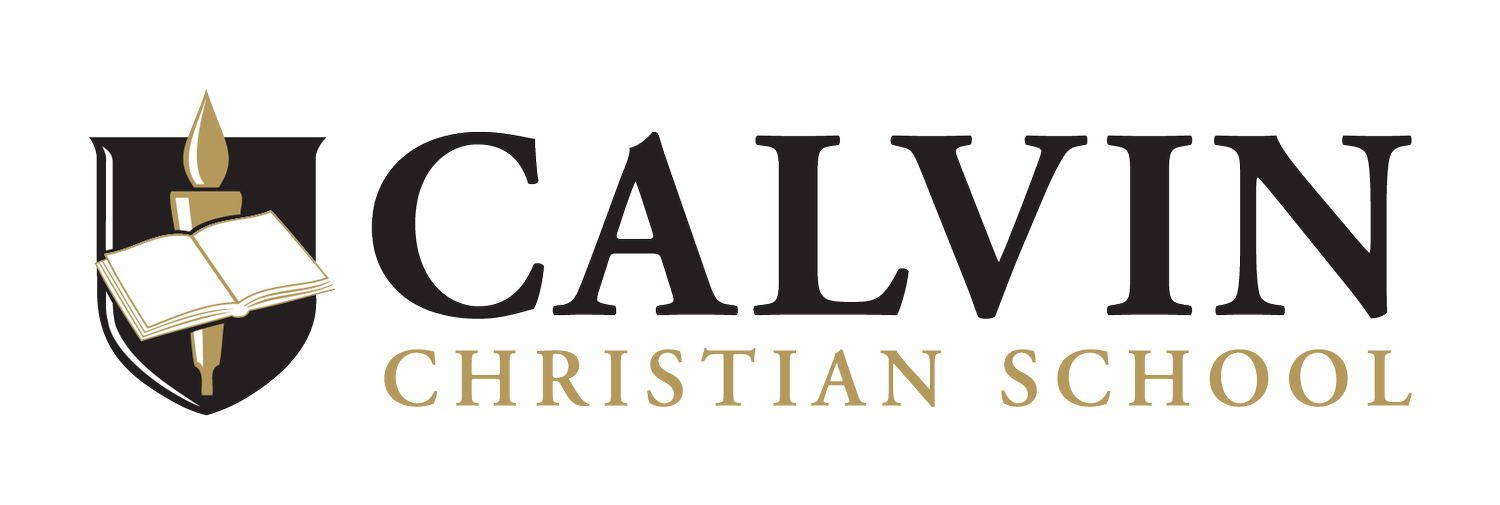I have been presented this week with some occasions to reflect on the joint roles of revelation and inspiration as key elements of what makes a great education.
Every Tasmanian independent school is required to meet regulatory standards established by the Minister of Education and as overseen by the Schools Registration Board. An extensive audit is undertaken every four years. A host of documents are presented in advance and then a formal visit is made to confirm that we meet the standards. Our official visit was last Monday. It went well. Our documentation and programs were described as impressive.
The technical and scientific elements within teaching and learning must be met. There are vital foundations to establish and progress benchmarks to observe. All are valuable and necessary. Great technical skill is admirable, but it can still be without a soul.
“Great education exists in the inspirational moment that transforms. Such moments are life-changing. ”
We deliberately write curriculum, plan camps, organise excursions, conduct assessments and create service opportunities with an eye to impact. We consciously aim to create personal growth, skill development, and knowledge creation. We intentionally design to place our students in the place of greatest opportunity.
Great education exists in the inspirational moment that transforms. Such moments are life-changing.
The moment a formula comes alive in Mathematics.
That moment in Chemistry when an equation becomes a powerful tool, not a chore.
A particular page when literature sings poetically of the human soul.
When history becomes more than dates and dead people.
The note when music comes from inside you, not the instrument.
In the same way a songwriter tries to write a top ten hit with every composition, we as a teaching staff endeavour to make transformational learning experiences every day. Not every lesson or experience is a hit. Almost all have great value. Occasionally, something will be mundane. But rightly understood, all experiences do have value.
In the same way that great musical hits ‘just happen’, the real moments of transformation in a school are largely unpredictable. There is no conflict in seeking to establish revelation and inspiration amid great planning and deliberate skill building. Without these foundations, inspiration can only be vitally imagined then doomed to remain formless in reality.
As a pastor, Martin Luther King was trained in the art of writing and delivering sermons. His speech at the March on Washington for Jobs and Freedom on August 28, 1963 was no doubt well written. But towards the end of the speech, King departed from his prepared text on the theme ‘I have a dream’. He was prompted by Mahalia Jackson’s cry from behind him on the podium: "Tell them about the dream, Martin!" In that instant on the dais, preparation and skill met inspiration and revelation. We recall a very different speech to that which Dr King had originally penned.
“As a Christian educational community, we regularly exhort that considered, logical and reasoned thinking are equal partners with revelation and inspiration. ”
Recently, Sam Muggeridge, a Calvin Year 12 student, performed in assembly. He played piano and sang with precision, virtuosity and great emotion. In his spoken introduction he offered a piece of advice to the assembly. He told them of his recent trip to a music camp in the United States. His key learning at that camp was to be yourself. Sam reminded everyone that success is anchored in authenticity.
I am confident that Sam did not enrol in the course to learn that particular lesson. That particular lesson was probably not listed as a course objective. It just happened amongst all the learning that had been organised in his course. It was a great moment of inspiration that fostered transformation.
As a Christian educational community, we regularly exhort that considered, logical and reasoned thinking are equal partners with revelation and inspiration.
Most powerfully, they are born out of relationship, community and commitment. There is no ‘I Have a Dream’ speech without Mahalia Jackson prompting Dr King at an assembly amidst the quest for civil rights. There is no revelation for Sam unless he is with people, doing a course in the USA, chasing his dream.
Transformational moments can be neither predicted nor planned for; however, we plan everything with them in mind. These factors of a great education are elusive and yet vital.
Iain Belôt – Principal


